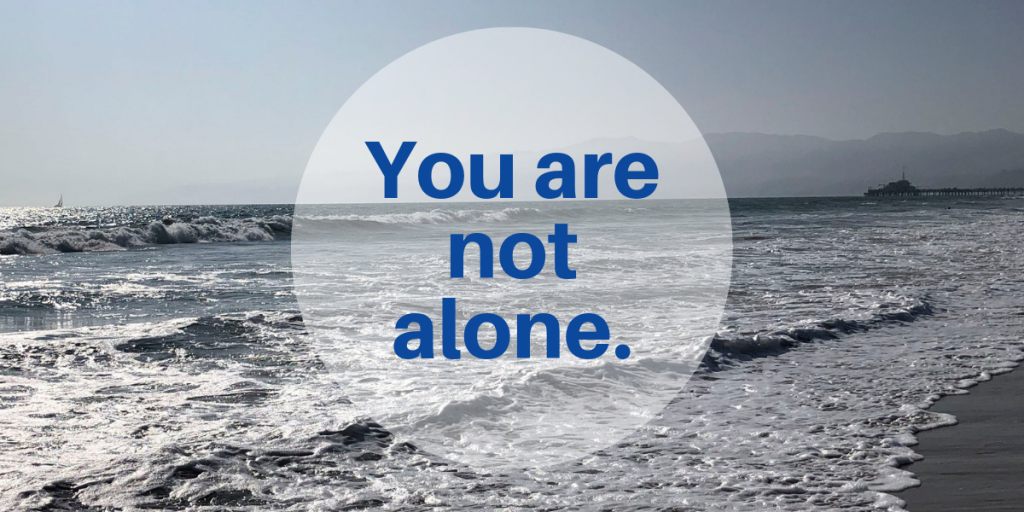Suicide is the 10th leading cause of death in the United States, and suicide rates have increased by 30% since 1999 (CDC). With effective care, suicidal thoughts are treatable, and suicide is preventable. Below, NAMI information on warning signs and risk factors of suicide, and what you can do to support a suicidal loved one in a crisis. Together, we can shift the conversation from suicide to suicide prevention.
Warning Signs
- Increased alcohol and drug use
- Aggressive behavior
- Withdrawal from friends, family and community
- Dramatic mood swings
- Impulsive or reckless behavior
- Suicidal behaviors are a psychiatric emergency. If you or a loved one starts to take any of these steps, seek immediate help from a health care provider or call 911:
- Collecting and saving pills or buying a weapon
- Giving away possessions
- Tying up loose ends, like organizing personal papers or paying off debts
- Saying goodbye to friends and family
If you are unsure, a licensed mental health professional can help assess.
Risk Factors
Research has found that 46% of people who die by suicide had a known mental health condition. Several other things may put a person at risk of suicide, including:
- A family history of suicide
- Substance abuse. Drugs can create mental highs and lows that worsen suicidal thoughts.
- Intoxication. More than 1 in 3 people who die from suicide are under the influence of alcohol at the time of death.
- Access to firearms
- A serious or chronic medical illness
- Gender. Although more women than men attempt suicide, men are nearly 4 times more likely to die by suicide.
- A history of trauma or abuse
- Prolonged stress
- A recent tragedy or loss

Support in a Crisis
When a suicide-related crisis occurs, friends and family are often caught off-guard, unprepared and unsure of what to do. The behaviors of a person experiencing a crisis can be unpredictable, changing dramatically without warning.
There are a few ways to approach a suicide-crisis:
- Talk openly and honestly. Don’t be afraid to ask questions like: “Do you have a plan for how you would kill yourself?”
- Remove means such as guns, knives or stockpiled pills
- Calmly ask simple and direct questions, like “Can I help you call your psychiatrist?”
- If there are multiple people around, have one person speak at a time
- Express support and concern
- Don’t argue, threaten or raise your voice
- Don’t debate whether suicide is right or wrong
- If you’re nervous, try not to fidget or pace
- Be patient
Sources for Help
- 988 is the new 3-digit suicide and mental health crisis line (more on that here)
- Crisis Text Line send “NAMI” to 741741
- The Trevor Project Lifeline: 1-866-488-7386
More Sources for Help
Suicide: Blueprint for Youth Suicide Prevention
Supporting Youth Mental Health
How to Ask Someone About Suicide (NAMI)
